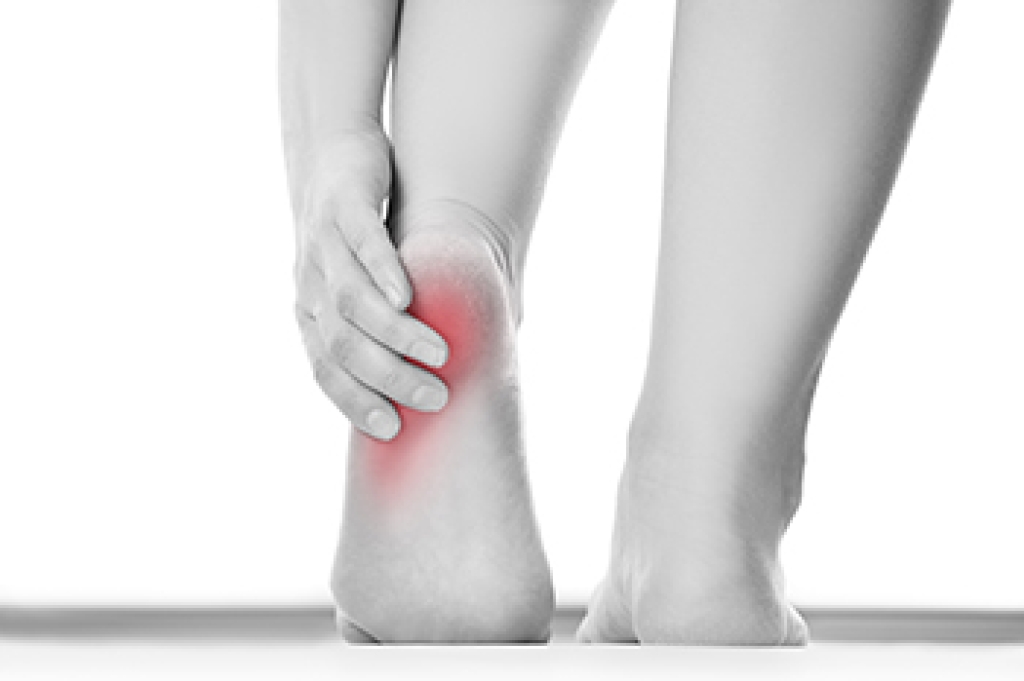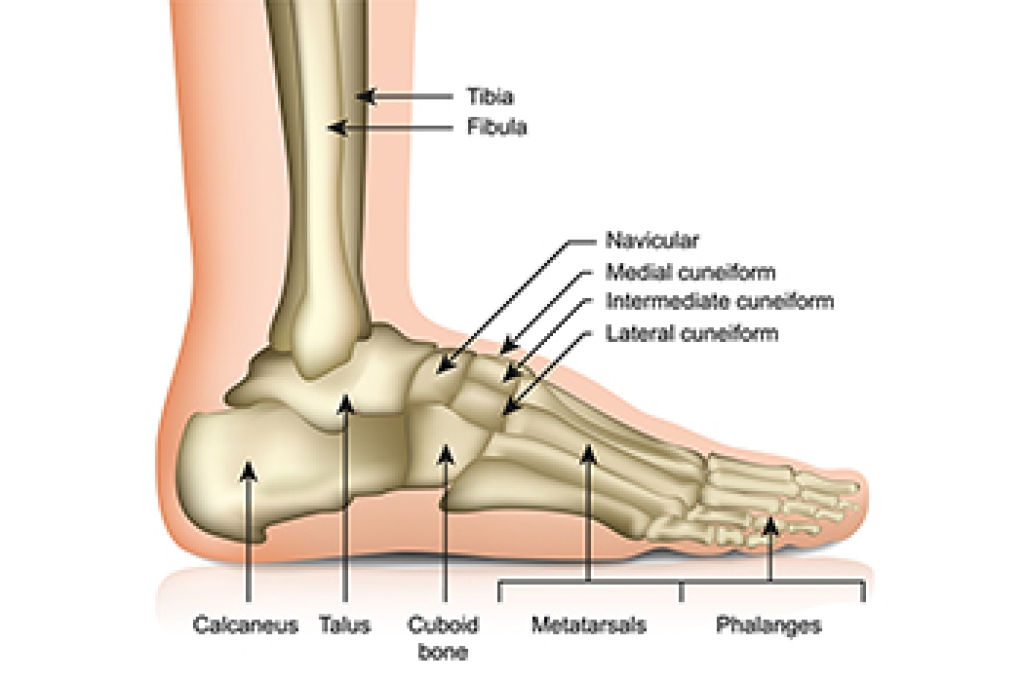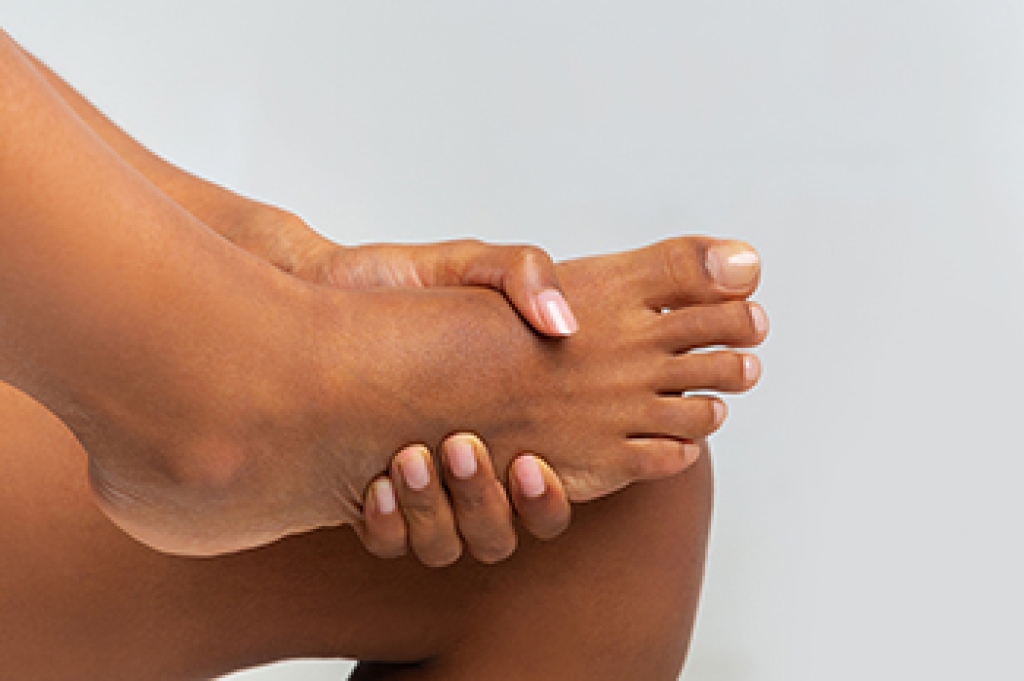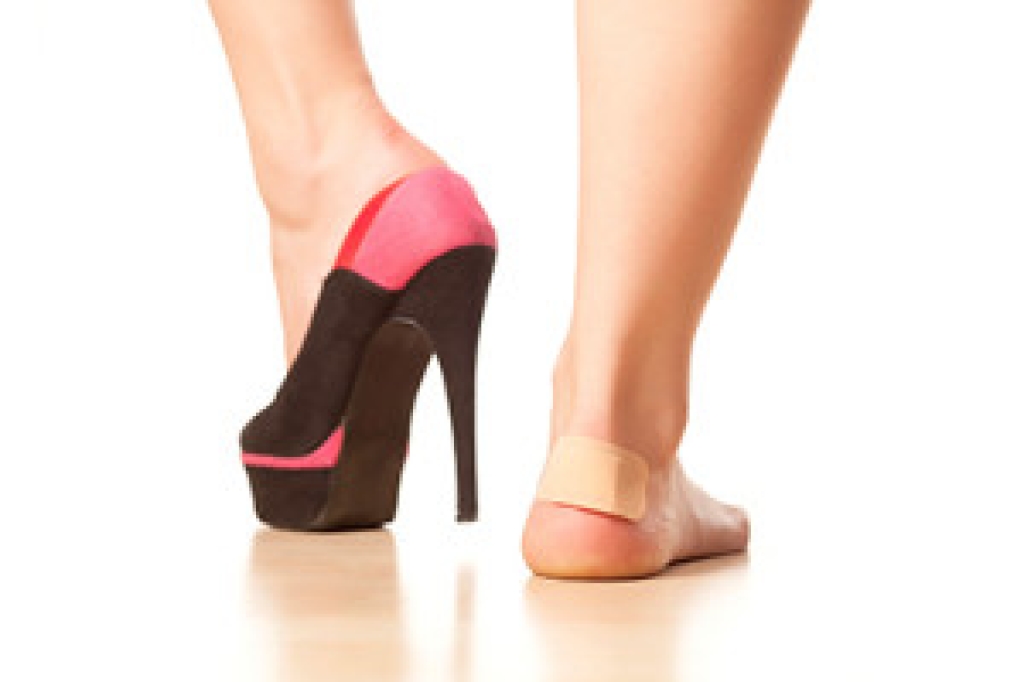
Plantar fasciitis is a foot condition that affects many middle-aged women due to hormonal changes, reduced elasticity in connective tissues, increased activity levels, and footwear that does not offer adequate support. Symptoms often include sharp heel pain when taking the first steps in the morning, tenderness along the bottom of the foot, and stiffness that may worsen after long periods of standing. The condition may appear as mild swelling near the heel and feel like a persistent ache or a sudden stabbing sensation. Causes include overuse, improper shoe choices, weight gain, or biomechanical issues, such as flat feet or high arches. A podiatrist can provide an early and accurate diagnosis through physical examination and imaging, followed by treatments that include custom orthotics, stretching plans, footwear guidance, and advanced procedures when necessary. If you are dealing with this type of heel pain, it is suggested that you make an appointment with a podiatrist.
Many people suffer from bouts of heel pain. For more information, contact one of our podiatrists of Foot Doctors of Utica. Our doctors can provide the care you need to keep you pain-free and on your feet.
Causes of Heel Pain
Heel pain is often associated with plantar fasciitis. The plantar fascia is a band of tissues that extends along the bottom of the foot. A rip or tear in this ligament can cause inflammation of the tissue.
Achilles tendonitis is another cause of heel pain. Inflammation of the Achilles tendon will cause pain from fractures and muscle tearing. Lack of flexibility is also another symptom.
Heel spurs are another cause of pain. When the tissues of the plantar fascia undergo a great deal of stress, it can lead to ligament separation from the heel bone, causing heel spurs.
Why Might Heel Pain Occur?
- Wearing ill-fitting shoes
- Wearing non-supportive shoes
- Weight change
- Excessive running
Treatments
Heel pain should be treated as soon as possible for immediate results. Keeping your feet in a stress-free environment will help. If you suffer from Achilles tendonitis or plantar fasciitis, applying ice will reduce the swelling. Stretching before an exercise like running will help the muscles. Using all these tips will help make heel pain a condition of the past.
If you have any questions, please feel free to contact our offices located in Herkimer, and New Hartford, NY . We offer the newest diagnostic and treatment technologies for all your foot care needs.




